Here we are going to discuss the two most opposed technology-Native Technologies and Flutter. Both programming languages are used for the development of a mobile app. Before comparing these two, let’s know this technology in brief.
Native Technologies:
The apps which are targeted to any particular platform are known as Native apps. That means Native Technologies are not Cross platforms. Developing an app using native technologies require Specific platforms knowledge.
In Native Technologies, if you require to develop an Android app then you should know Java or Kotlin Programming language because native Android apps are written in Java or Kotlin programming languages.
If you require to develop an IOS Mobile app, then for that you must have to choose either Swift or Objective-C programming language. As in native technologies the IOS Mobile apps are written in Swift or Objective-C programming language.
As Native technologies provide different codebase for each platform, the app which is designed on Android cannot be used in IOS platforms. Due to this property of Native technologies, it provides wider access to APIs and gives the limitless use of the app the apps from the particular platform and devices.
The Main Purpose of using Native Technologies is to give the best performances for a specific Operating system (Android and IOS).
Flutter :
Flutter is an open-source mobile app development technology which is introduced in 2017 by the well-known community Google. Flutter is a Cross-platform technology, which means like react-native it also provides the one codebase for multiple platforms.
For Developing a Mobile app in Flutter, you have to use the Dart Programming language. Dart is an object-oriented programming language, Class defined and garbage-collected languages. Dart is using the C-style syntax. Dart Programming language mainly focuses on front-end development.
In Flutter developer has to use only one programming language for developing a mobile app for the two different platforms (Android and IOS). Flutter is consist of two important parts:
- Flutter is consist of SDK (Software Development Kit)- A collection of tools that helps in developing the native apps for each platform. This also includes the tools which compile the code in the native machine for Android and IOS app development.
- Flutter is a framework that is a collection of various reusable UI elements. The UI elements can be easily customized whenever required.
Benefits of Native Technologies:
The advantages of Native technologies are as follows:
- Native Technologies provides better performance and maximum speed. As native is developed for the particular platform, so apps can directly access the hardware which reduces the load time of the app.
- Native Technologies supports all the APIs and functionality. There is no need for interference of the third party for support.
- Native Technologies is supported by a large community.
- Native Technologies provides high security.
- It is easier to detect the errors in native technologies
- In Native Technologies, the User gets the benefits of using the interfaces of the operating system.
Benefits of Flutter Platform:
The advantages of the flutter platform are as follows:
- Flutter is a cross-platform technology. It only has one codebase for developing the apps in two different platforms (Android as well as IOS).
- Flutter is simple to learn and use.
- Flutter provides custom and Ready-made widgets for easily and quickly UI designing.
- Flutter reduced the Code development time.
- Flutter provides Hot reload features, which helps in fast app development.
- Flutter access all the features of Native.
Comparison of Native Technologies and Flutter
Programming Language:
Native Technologies:-Native Technologies doesn’t support cross-platform features, so Android apps are written either in Java or Kotlin and IOS apps are written either in Swift or Objective-C.
Flutter:-To develop a Flutter app you need to know about the Dart programming languages.
Codebase:
Native Technologies:-Native Technologies has a different codebase for each operating system.
Flutter:-Flutter has a single codebase for both the operating system(one codebase for Android and IOS)
Live Reloading and the Hot Reloading:
Native Technologies:- Native Technologies has the feature of Live reloading which reduces the Speed of development.
Flutter:-Flutter has the features of Hot Reloading which help in the fast testing and development of the app.
Developers Experience:
Native Technologies:-In Native technologies, you need to hire two different developers for Android and IOS mobile app development. As Native Technology is used for a longer period of time, it is easy to find experienced and expert developers.
Flutter:-Flutter is the newer introduced technology by Google. As it is new technology it is difficult to find expert or experienced developers for the development of mobile app platforms.
Costing and Time Saving
Native Technologies:-As per the facts, Native Technologies are costly and take more time in app development.
Flutter:- As flutter has only one codebase, so it is faster than Native app development and flutter is also cheaper than flutter.
Conclusion:
From the above discussion, the results are Clear, Both the technologies win the Battle.
Native Technologies are also used when only one platform app development is required. native Technologies is best for the single app development, as it can easily access the hardware and the interfaces of the operating system. If the project requirement is only for Android app development or IOS app development then Native technologies remain the best choice.
Flutter is an open and free source cross-platform technology. When the project requirement is for both the operating system(Android and IOS) app development then definitely flutter is the best choice as it is easy to develop two different platforms apps from a single codebase.
So the choice of technology highly depends on the requirement of the app development.

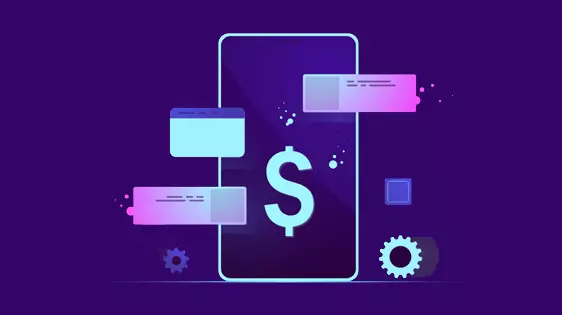
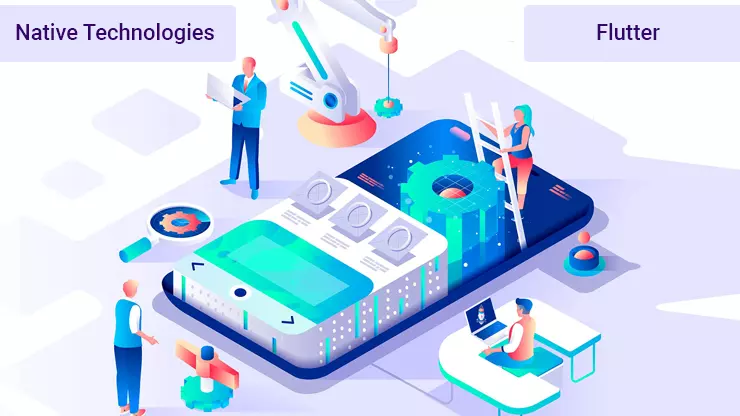
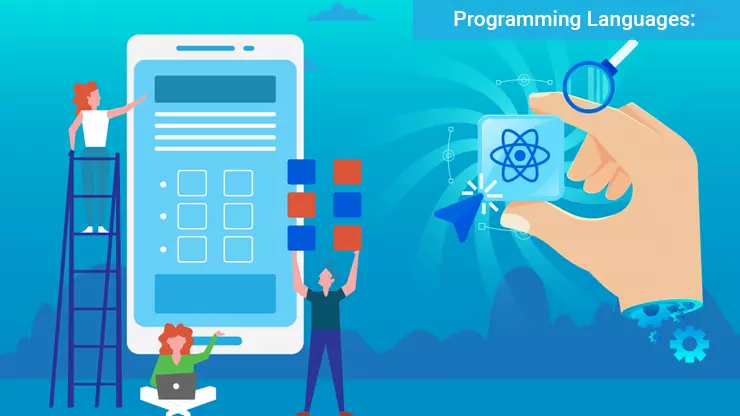
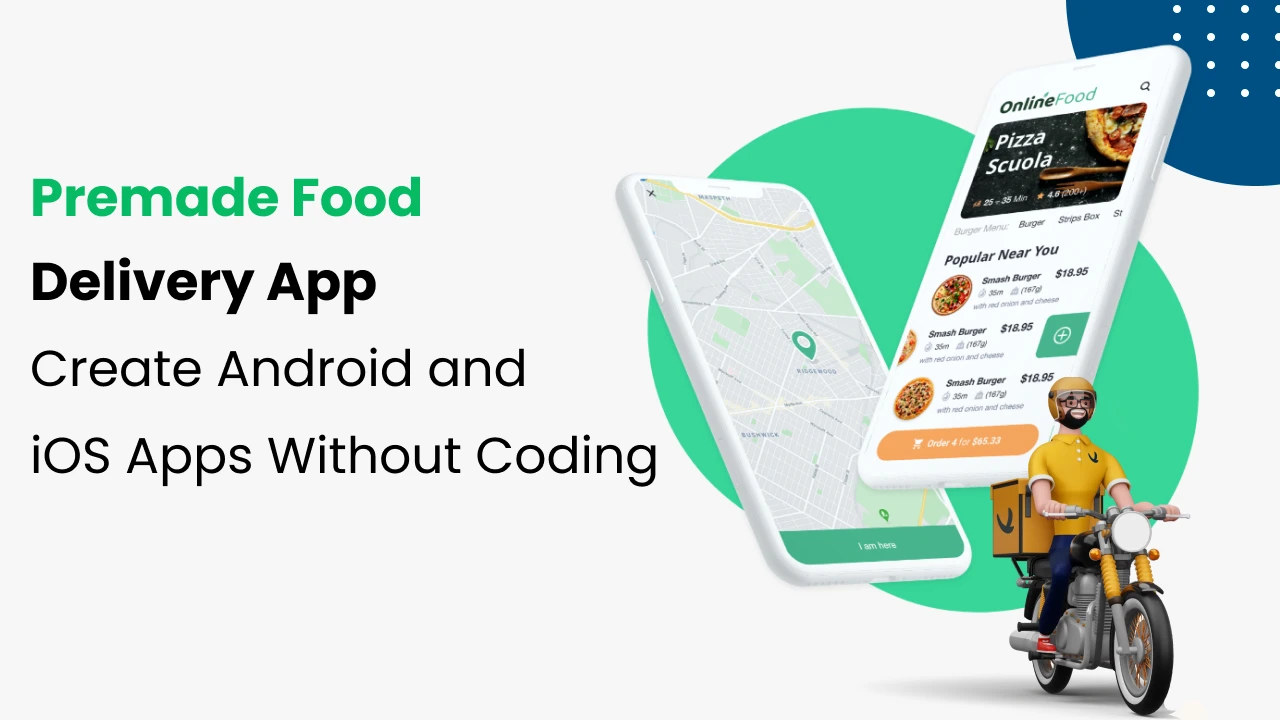
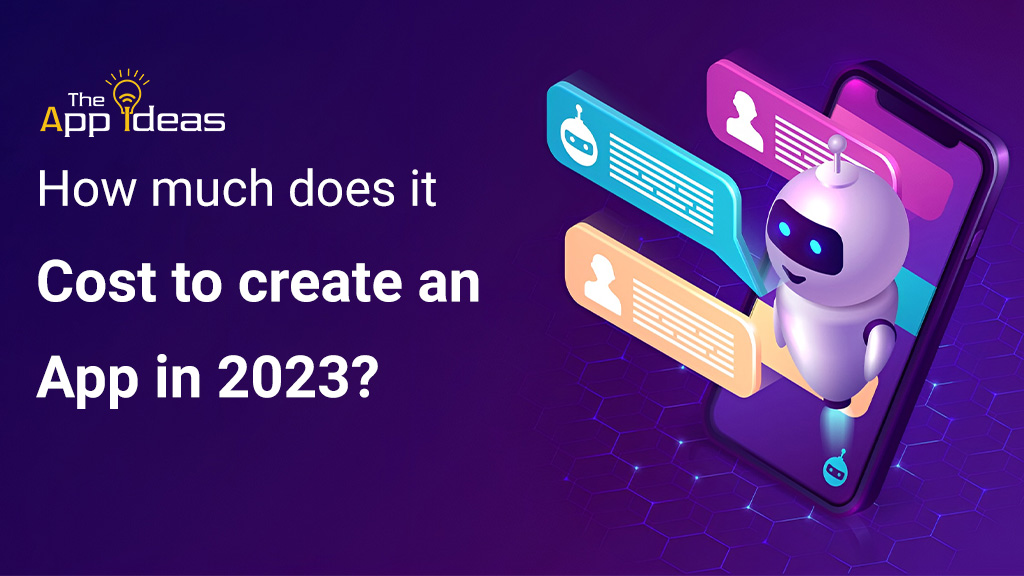

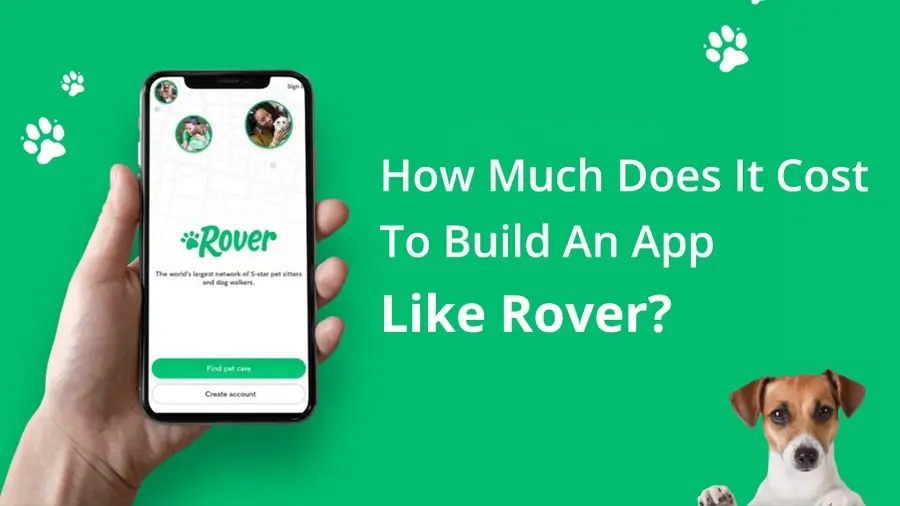
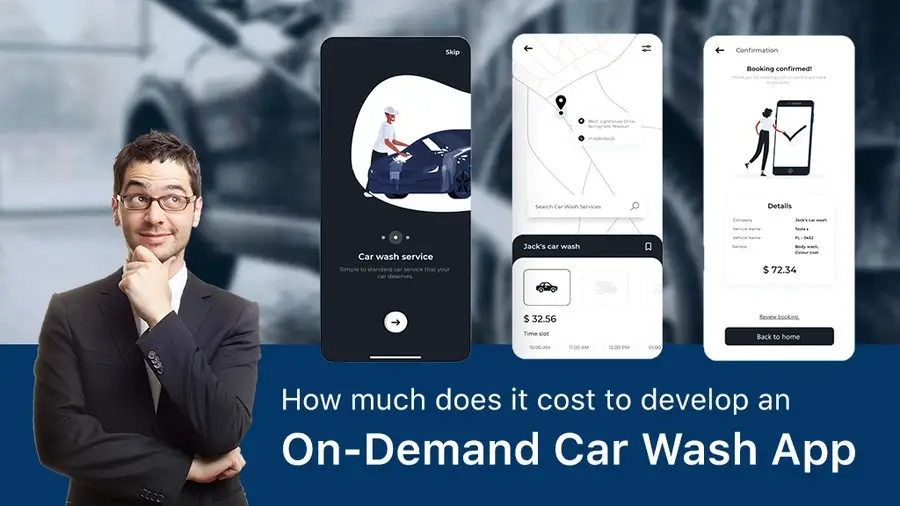
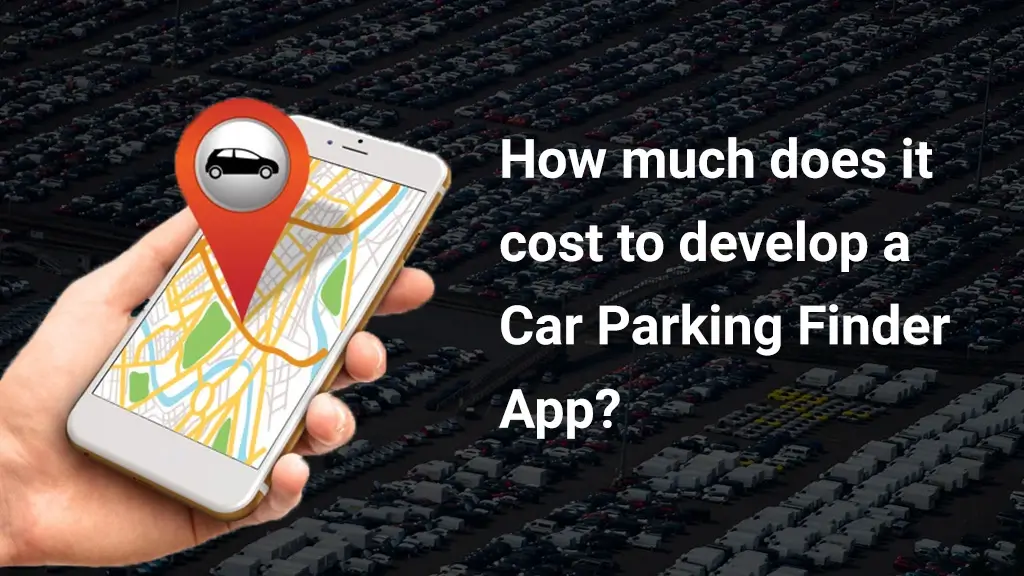
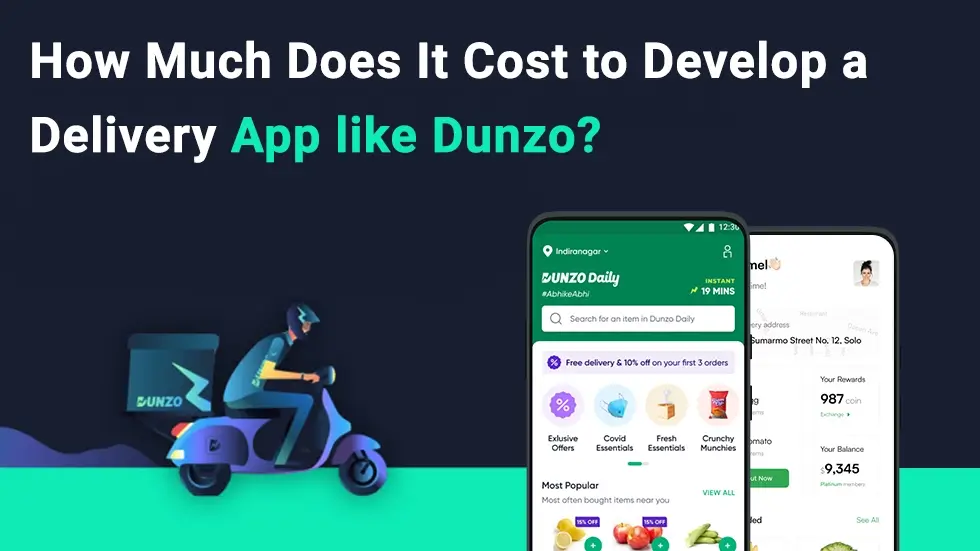

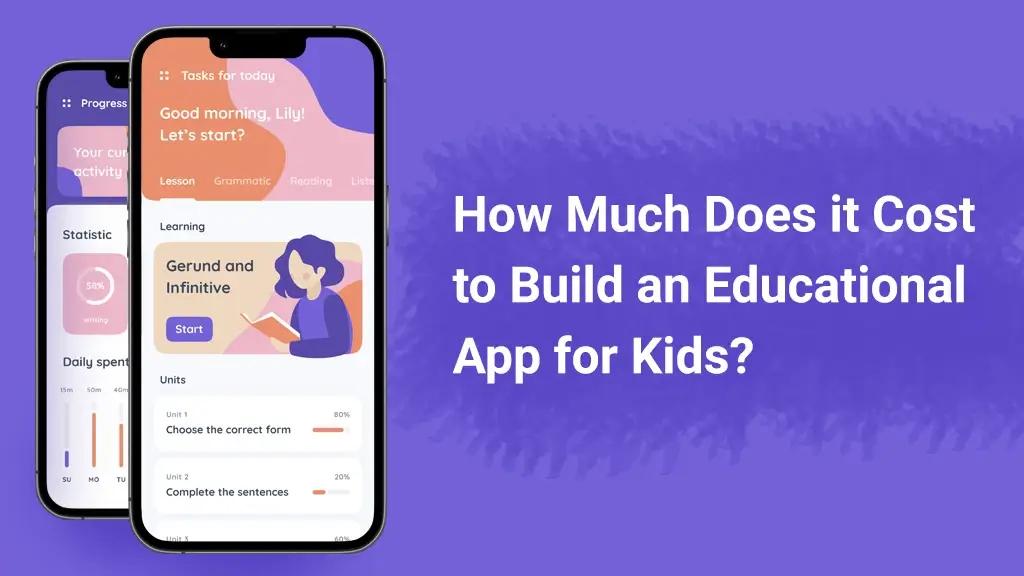

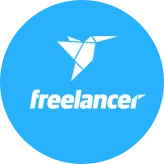
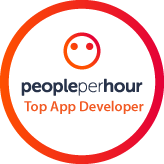



Share This Article